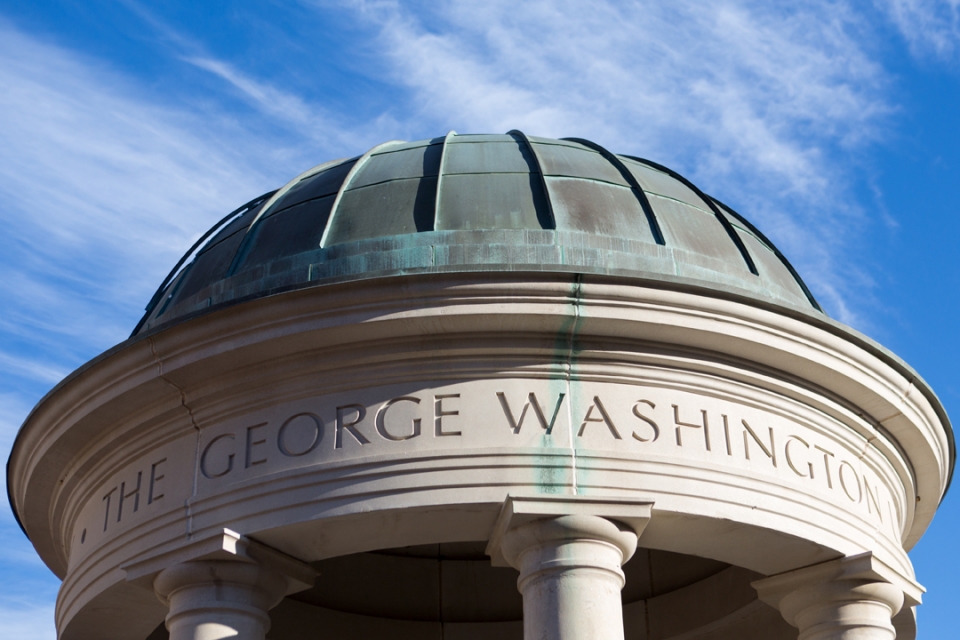By Ruth Steinhardt
President Donald Trump has no vision for America and “certainly doesn’t have any discernible ideology,” rising Democratic Party star Pete Buttigieg said Tuesday at the George Washington University.
“I don’t think he has a vision,” the South Bend, Ind., mayor told BBC World Service host Jonathan Dimbleby. “But I think there is a flavor, and that flavor is very dark [and] very bitter.”
But U.S. Rep. Tom Cole (R-Okla.), deputy majority whip in the House, had cautious praise for Mr. Trump’s “untraditional” style of governance and his “ambitious” first year agenda.
“The last two presidents came in with the idea that they would unite America,” he said. “[Trump’s] vision is to accomplish big things, and if people like those things that will bring people together.”
Mr. Buttigieg and Mr. Cole were participating in a taping of “World Questions,” a traveling radio program that invites audiences and panels around the world to debate issues impacting their country. Tuesday’s panel also included historian Carol Anderson, a professor of African American studies at Emory University, and Diana Furchtgott-Roth, a senior fellow at the Manhattan Institute and adjunct professor at GW who was part of Mr. Trump’s transition team.
Trump’s vision is less about accomplishment and more about “fear of changing demographics in the U.S.,” Dr. Anderson said, citing white concerns about limited resources as African-American and Hispanic-American populations increase. “We see that with deportations and the call for nationwide stop and frisk—all things that will create a very cowed, right-less labor force,” she said.
On the subject of what Mr. Dimbleby called “provocative” statements by Mr. Trump in the press and on social media, Ms. Furchtgott-Roth came to the president’s defense.
“Americans and people around the world are tired of ‘normal’ politicians,” she said. “[The electorate] knew what [Mr. Trump] was like, they knew everything that had been written about him, and they wanted to elect him as president. It’s part of the same reason Britain voted to leave the European Union.”
Audience participation is a trademark of the hour-long program, which recently taped episodes in Warsaw, Rome and Bogota, Colombia. Attendees in the City View Room at the Elliott School of International Affairs posed questions on job creation, the free press and “what keeps Donald Trump awake at night.” (“Twitter,” Mr. Dimbleby suggested.)
Mr. Cole also commented on the Republican plan to repeal and replace the Affordable Care Act. “In the end, the Republican plan is based on choice and competition, and the idea that that ultimately works better for individuals, and that we don’t dictate everything from Washington, D.C.,” he said.
The audience grew audibly exasperated as Ms. Furchtgott-Roth applauded Education Secretary Betsy DeVos and Environmental Protection Agency Director Scott Pruitt. But the occasionally contentious panel maintained its civility, even finding an upside to the divisive election season and its aftermath.
“What this election really has done is that you don’t just see the wings talking, but in fact you’re seeing regular folks who cannot be defined in any way as being of the far left or of the far right talking,” Dr. Anderson said. “They’re figuring out how to get engaged in their own communities. They’re at town halls with their congressmen and congresswomen. They are at school board meetings. They are in fact figuring out how to make democracy work, [because] polarization is frightening for many people.”




